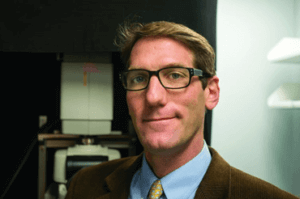
The enormous databases of personal genetic data amassed by companies like 23andMe could help investigators catch violent criminals, but misuse of that information could send innocent people to prison for years. Similarly, knowledge of people’s ancestry may lead to personalized treatments for severe diseases, say COVID-19, though it could also serve as misplaced intellectual justification for fringe political ideologues with racist worldviews.
These are but a few examples of the implications that come with advances in our understanding of genetics. Critical issues like reproductive rights, indeed how we reproduce, will undoubtedly be impacted in the coming years. It is therefore imperative that policy makers and the public pay attention to the dramatic advances in genetics that are on the horizon and make sure these technologies are used ethically, says biologist Josh Rappoport, author of the recently released book Mapping Humanity: How modern genetics is changing criminal justice, personalized medicine, and our identities.
On this episode of Science Facts and Fallacies, Rappoport joins GLP managing editor Cameron English to discuss these innovations in modern genetics and why everybody needs to take an interest in how they work.
Podcast: Play in new window | Download
Subscribe: RSS
Joshua Z. Rappoport, Ph.D., is the executive director, Research Infrastructure at Boston College, and the author of the newly published Mapping Humanity: How Modern Genetics Is Changing Criminal Justice, Personalized Medicine, and Our Identities. Follow him on LinkedIn
Cameron J. English is the GLP’s managing editor. BIO. Follow him on Twitter @camjenglish































